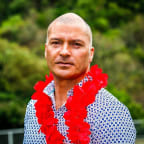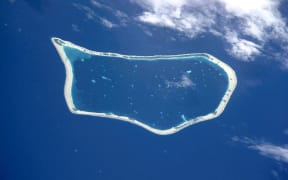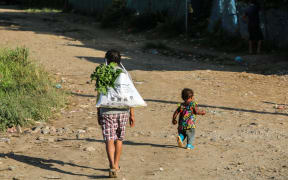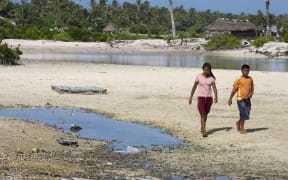Money aimed at combatting climate change is not reaching the Pacific's poorest and most vulnerable, a development agency says.
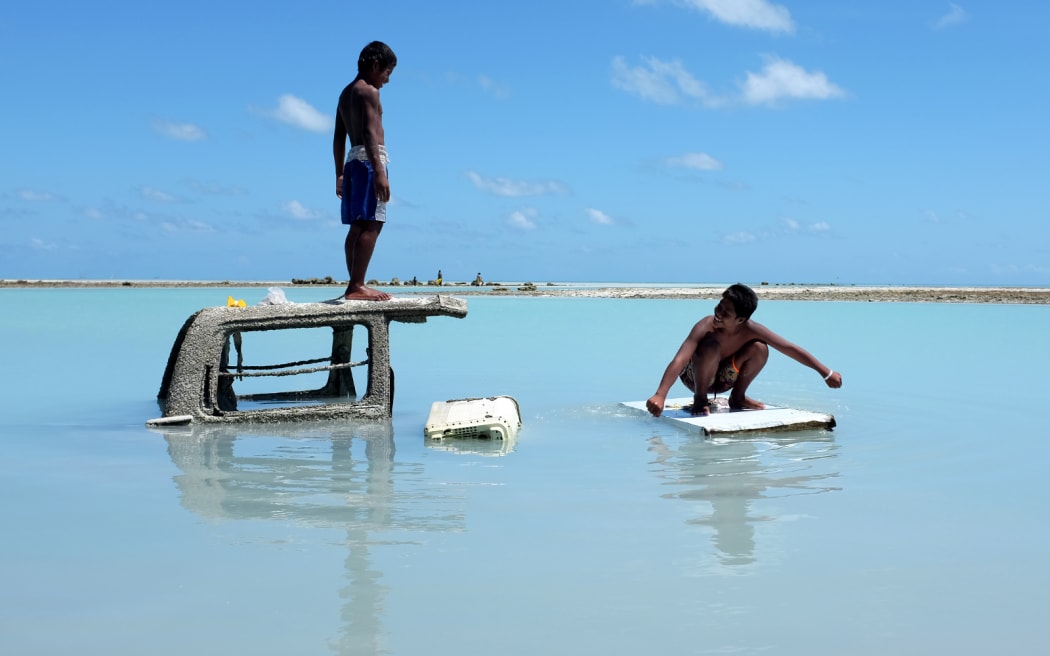
Photo: Unknown
A report by the Intergovernmental Panel on Climate Change is today expected to confirm where the world is with the 1.5 degree emissions reduction goal.
Representatives from the Catholic aid agency Caritas gathered in Wellington to share stories of how climate change affected their countries, describing themselves as the canaries in the coal mine.
Francis Waleliofala lives on the ocean's edge in Malaita, in Solomon Islands.
He said when the king tides came, villages of Lilisiana and Siwai became rivers. The sea had eaten into a local cemetery.
"The government is aware of it. The provincial government is aware of it and the member for that particular area, Auki-Langalanga, is aware of it.
"But they are turning their eyes the other way instead of looking at the problem and addressing it."
Father Martin Everi is from a country whose future existence is now being called into question by scientists.
Kiribati has been hit hard by the effects of rising seas.
Father Martin said his people were the victims of a problem others had caused.
"We are building higher sea walls and also planting mangroves to protect the coastal erosions.
"Despite all that we do hope that the wealthy countries will also do their part in helping to reduce impact of climate change."
If they had to leave Kiribati, one of their refuges would likely be Fiji.
Fiji Archbishop Peter Loy Chong said some were already there.
"Already the Kiribati people have bought a big piece of land in the north island of Fiji so migration is definitely a reality, climate migration."
Fiji prime minister Frank Bainimarama has been travelling around the world championing the cause of climate change.
Archbishop Chong said the government could be doing more at home.
"In making sure that there are policies, especially in terms of environmental exploitation like mining, stone extraction, black sand mining."
Around the world money is being poured into helping vulnerable countries fight climate change.
But Caritas New Zealand director Julianne Hickey said finance was not getting beyond large institutions and government structures.
"We've heard time and time again from the Solomon Islands through to Tonga, to Papua New Guinea, that it is not reaching those who need it most and those who've done the least to cause the issues of climate change."
Caritas Australia Pacific manager Stephanie Lalor said preparedness was where money was best spent.
"We know for every one dollar invested in mitigation, preparation activities at community level, we save ten dollars in the cost of actually then responding to the impact of a disaster."
